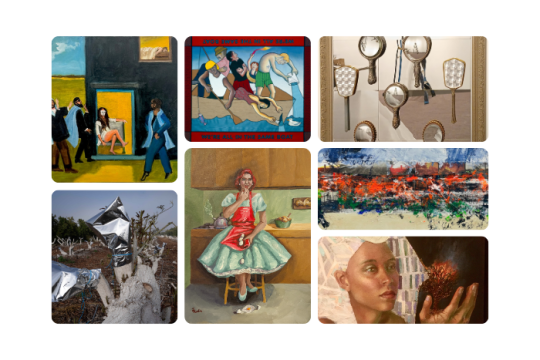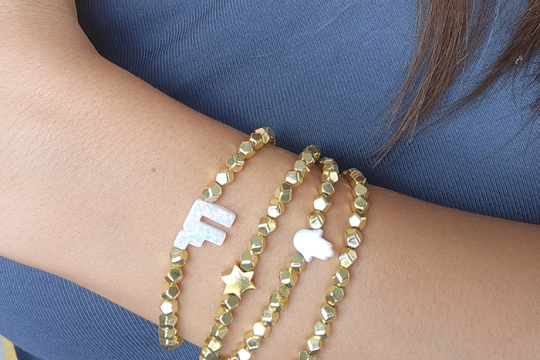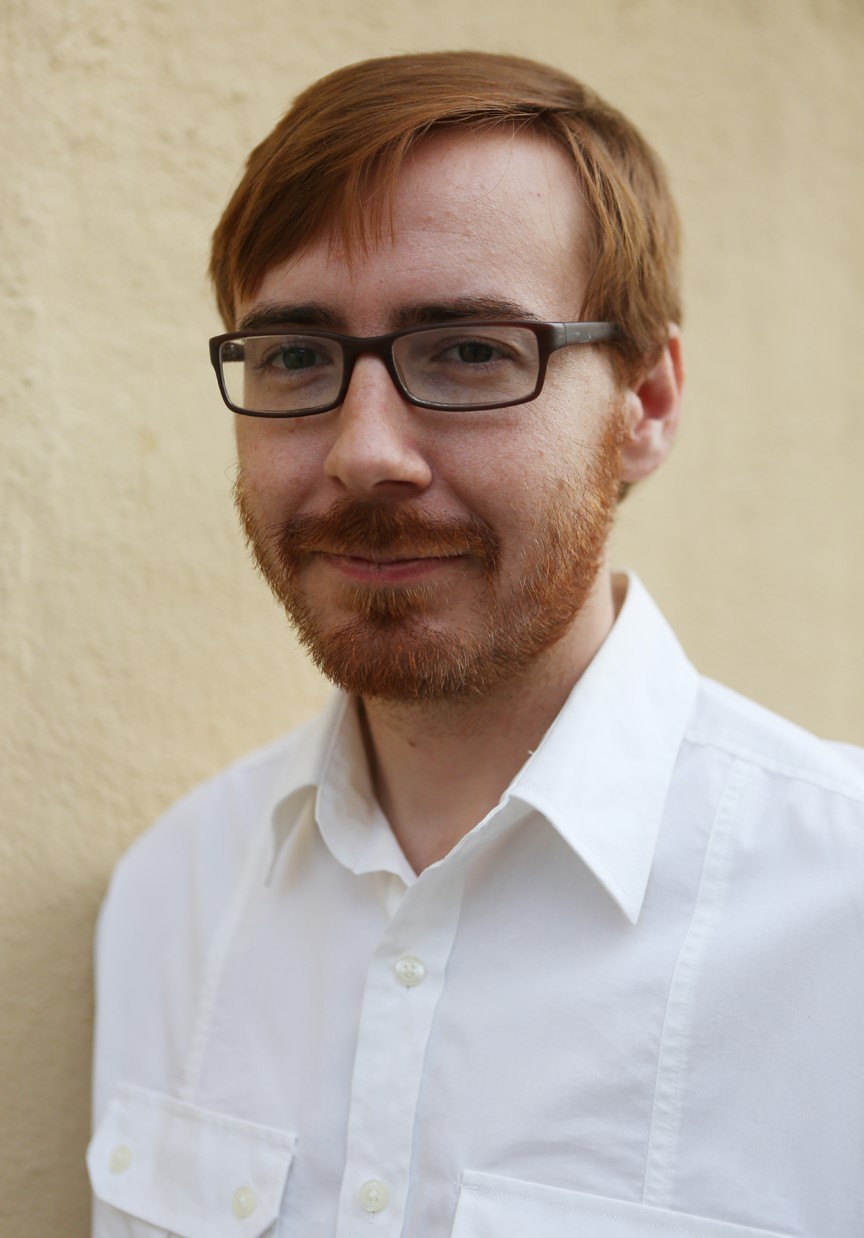
It's been a sluggish year for Jewish representation in TV and film. Thankfully, the second season of last year's breakout hit, "Nobody Wants This," has arrived, sweeping in like the Shabbat bride to lift us out of our mass-media malaise. The series follows the unlikely romance between Joanne (Kristen Bell), a volatile, agnostic, "all-American" podcaster, and Noah (Adam Brody), a sensitive, buttoned-up rabbi.
The first season of "Nobody Wants This " was an undeniable hit for Netflix, earning a 95% fresh rating on Rotten Tomatoes, and drawing more than 10 million viewers in its first few days. It also became the most-talked about show in Jewish circles around the world. Created by Erin Foster, the series is loosely based on her own career as a podcaster and her relationship with her Jewish husband, Simon Tikhman. Still, it wasn't a hit with everyone, facing criticism for its depiction of Jewish women as cold, controlling, and materialistic. So, how does the second season stack up?
It's impossible to discuss season two without acknowledging its central conceit. With the "will-they-won't-they?" question largely resolved, the show's encore season begs the slightly less provocative question, "will they or won't they… stay together?" The issue driving a wedge between our couple is familiar: will Joanne embrace Judaism?
What follows is a crash course on Judaism for Joanne and, by extension, the viewer. The curriculum would not be unfamiliar to anyone who has taken a Judaism 101 course as a potential convert or their partner. Joanne participates in and learns about Shabbat, attends a baby naming, and finds herself celebrating Purim. Along the way, Noah patiently extolls Jewish wisdom such as Hillel's Golden Rule: "That which is hateful to you, do not do to your fellow human." The showrunners clearly know that such snippets of Jewish wisdom will appeal just as much to Torah study watch parties as to those who have limited exposure to Judaism.
With Joanne and Noah stuck in limbo over her religious reservations, the show's supporting characters get a chance to shine. Esther (Jackie Tohn) and Noah's brother Sasha (Timothy Simons) navigate the highs and lows of their marriage. Esther, a caricature of a nagging wife in season one, is now more multifaceted. Even Noah's sharp-tongued mother, Bina (Tovah Feldshuh), is softened somewhat, offering this disarming advice to Joanne's sister, Morgan (Justine Lupe): "If you're hurt by what someone else said, it's probably because you believe those things are true." Lupe steals every scene, pouting and preening as Joanne's relationship forces her to confront her own romantic failings.
While the ensemble may be the standout of this second season, it doesn't completely compensate for the stalled chemistry between our two leads. Noah, at least, is able to shed his "manic pixie dream rabbi" persona, his shortcomings now fully visible, including his compulsive need to please and habit of accidentally misleading women. Joanne, on the other hand, is still the same insecure, somewhat shallow person we left last season. At one point, she realizes, "I spent my whole life not wanting to be an adult…until now." A statement that sounds a bit oblivious, but that we're meant to take as a sincere sign of growth.
This sentiment could be said for the second season of "Nobody Wants This. " Much like Joanne, it's funny and heartfelt, but often shallow. Even so, it stands as one of the most prominent Jewish cultural touchpoints in contemporary TV, appealing to audiences both within and beyond the community. We always want more of a show that bridges divides.
"Nobody Wants This" season two is currently streaming on Netflix.
Related Posts

10 Jewish Athletes You Need to Know About

The Art of Wisdom: Proverbs, Adages, and Maxims, and the Images They Inspire

